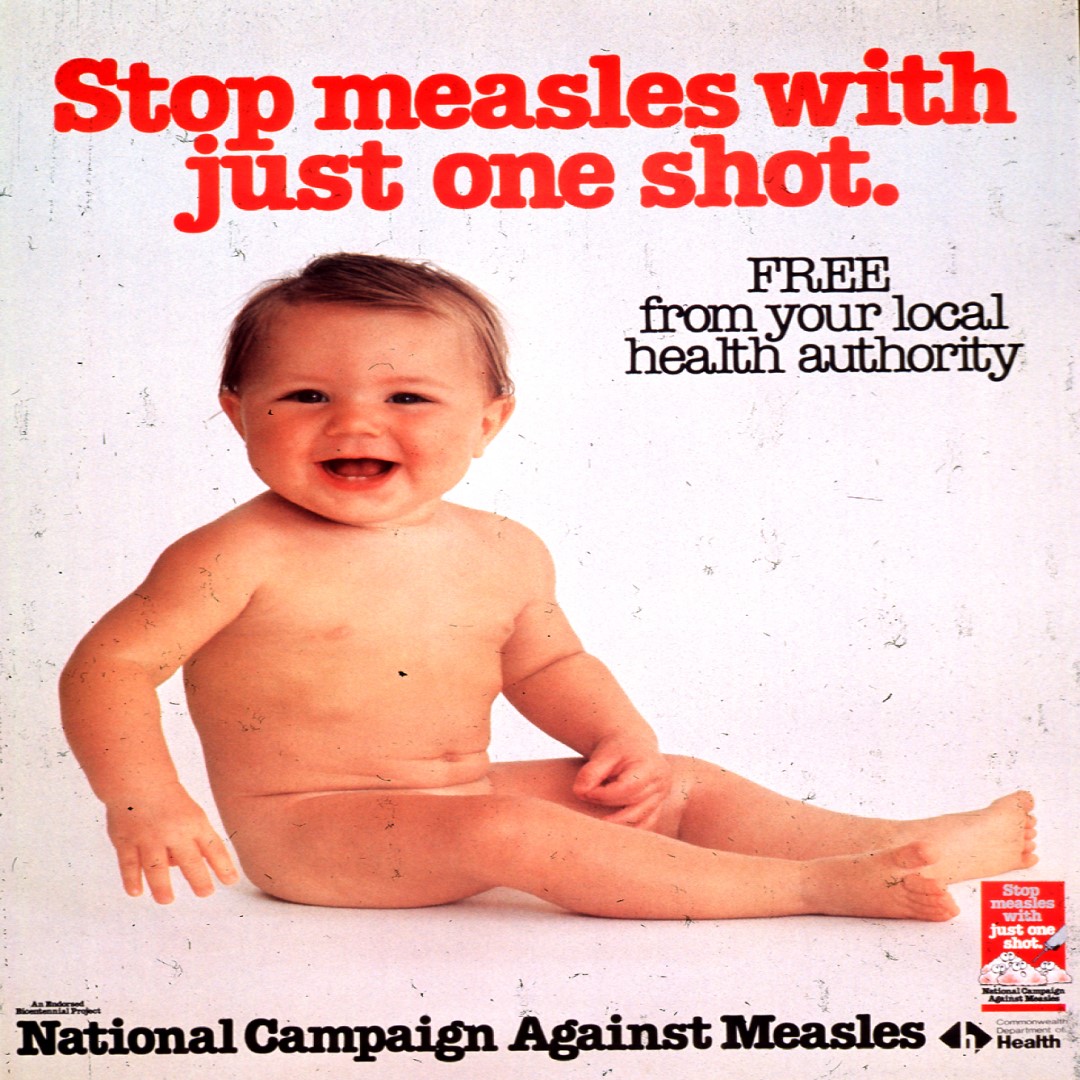
Texas announced more than 120 cases of the measles and first death
On Feb. 26, 2025, the Texas Department of State Health Services reported the first death from measles in the ongoing outbreak in the South Plains and Panhandle regions. The school-aged child who was not vaccinated was hospitalized in Lubbock the previous week and tested positive for measles. As of February 25, 124 cases of measles had been confirmed in the outbreak since late January. Most of the cases involved children. Eighteen people have been hospitalized over the course of the outbreak.
Measles is a highly contagious respiratory illness, which can cause life-threatening illness to anyone who is not protected against the virus. During a measles outbreak, about one in five people who get sick will need hospital care and one in 20 will develop pneumonia. Rarely, measles can lead to swelling of the brain and death. It can also cause pregnancy complications, such as premature birth and babies with low birth weight.
Measles can be transmitted by direct contact with infectious droplets or by airborne spread when an infected person breathes, coughs, or sneezes. People who are infected will begin to have symptoms within a week or two after being exposed. Early symptoms include high fever, cough, runny nose, and red, watery eyes. A few days later, the telltale rash breaks out as flat, red spots on the face and then spreads down the neck and trunk to the rest of the body. A person is contagious about four days before the rash appears to four days after. People who could have measles should stay home during that period.
People who think they have measles or may have been exposed to measles should isolate themselves and call their health care provider before arriving to be tested. It is important to let the provider know that the patient may have measles and to get instructions on how to come to the office for diagnosis without exposing other people to the virus.
The best way to prevent getting sick is to be immunized with two doses of a vaccine against measles, which is primarily administered as the combination measles-mumps-rubella (MMR) vaccine. Two doses of the MMR vaccine are highly effective at preventing measles.
Tags:
Source: Texas Department of State Health Services
Credit:
